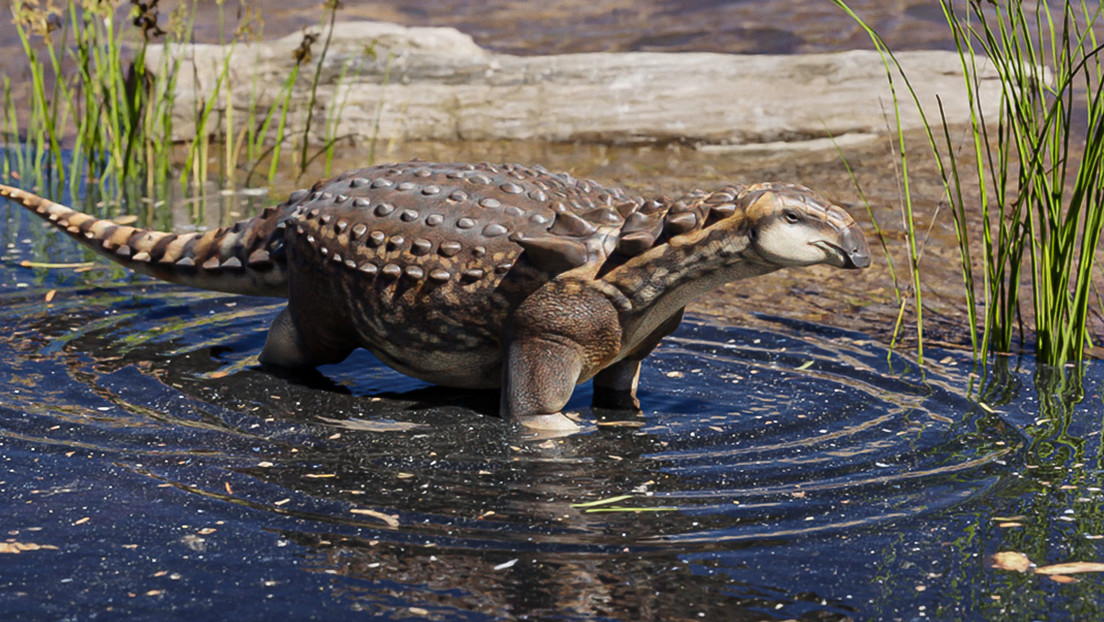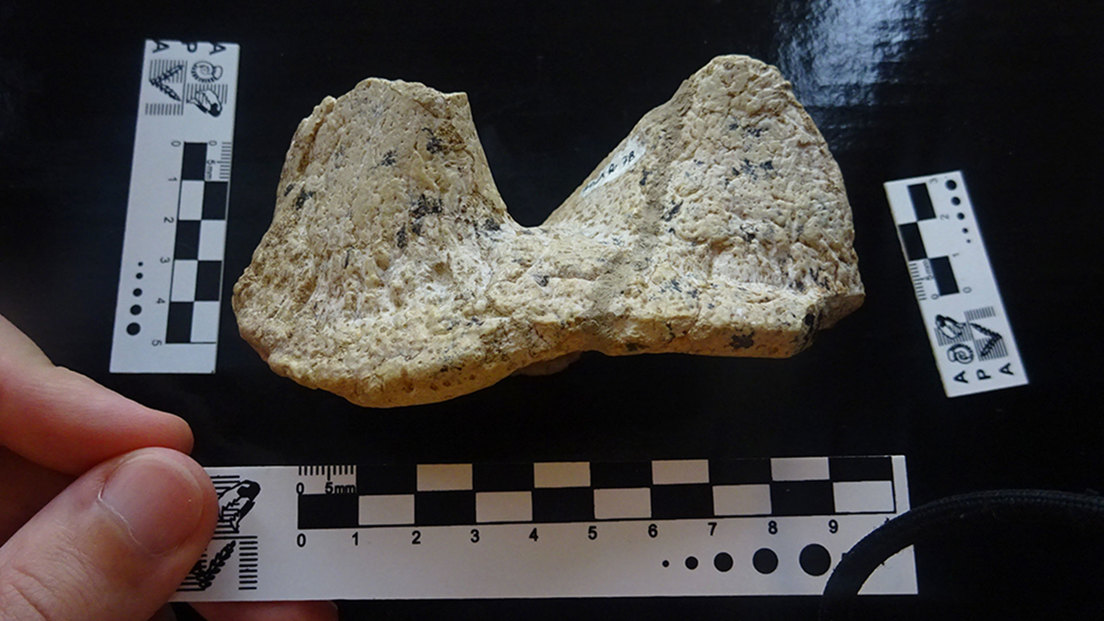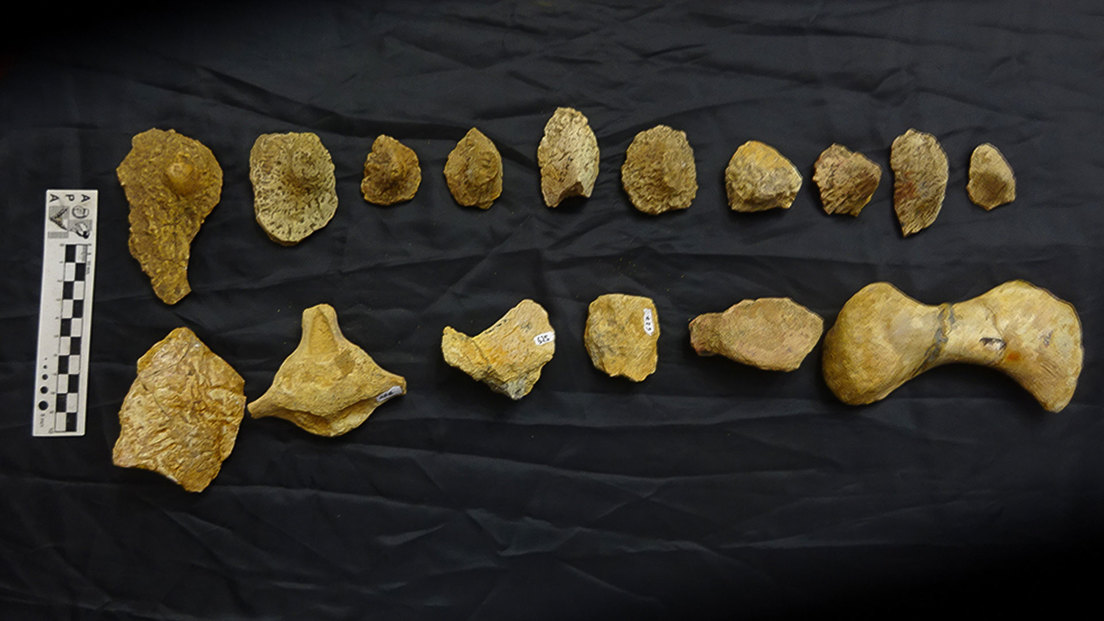
A new species of small dinosaurs that lived in Argentinian Patagonia some 70 million years ago has been identified, the National Council for Scientific and Technical Research (CONICET) reported on Monday.
The first fossil remains were found in the early 1980s near the town of Salitral Moreno, south of the city of General Roca, some 1,90 kilometers southwest of Buenos Aires.

The new species has been baptized with the name Patagopelta cristata, which means Patagonian crested shell and is part of the group of nodosaurids, a family of ankylosaurs.
Although it has not been possible to assemble a complete skeleton, the remains discovered have helped scientists to understand that it is a new species of ankylosaur, characterized by the large spines on its neck and shoulders.

One of the best preserved elements of the dinosaur is the femur, only 25 centimeters long, which allows us to deduce that the prehistoric animal had a length of between 2 and 3 meters.
According to paleontologists, the small size of these dinosaurs could be related to some event of island dwarfism, due to the lack of food on the northern islands of Patagonia, which at the end of the Cretaceous were invaded by an arm of the Atlantic Ocean, from in such a way that small specimens had a better chance of surviving.

The bones of these quadrupedal and herbivorous dinosaurs have often been found in the northern hemisphere, but very rarely in the south, with the exception of a few species from Australia, Chile, Antarctica and Morocco, for which scientists highlight their relevance. to study this group.
The complete investigation on this new species was recently published in the Journal of Systematic Paleontology. (Text and photo: RT in Spanish)